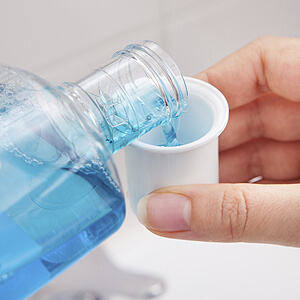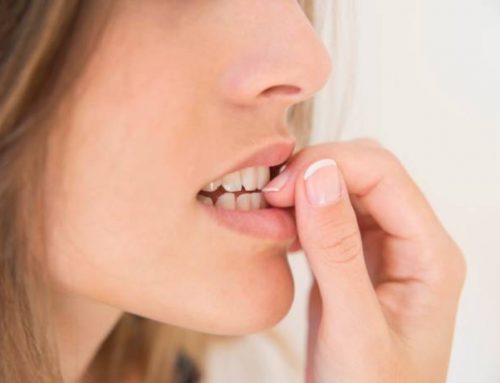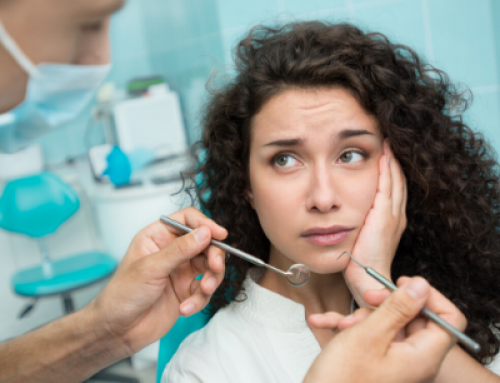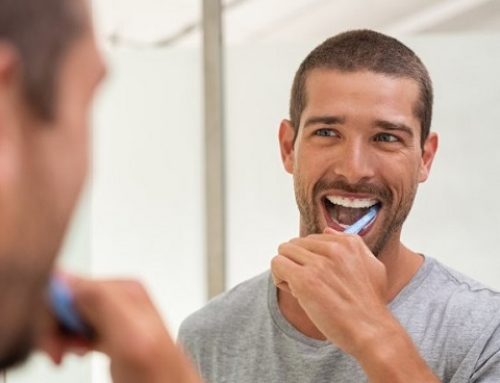
Different Types of Mouthwash
In broad terms, there are several main types of mouthwash on the market:
- Antibacterial, which targets bacteria by killing it, slowing it down or rendering it inactive.
- Antimicrobial, which targets microbes like bacteria, fungi, parasites and viruses by killing them or rendering them inactive.
- Antiseptic, which aims to reduce the risk of infection in a certain part of the body by working against types of microbes.
- Containing chlorhexidine, which is an antiseptic agent that fights plaque and gingivitis.
Should You Use Mouthwash Every Day?
Contrary to what the oral care companies tell us, regular use of mouthwashes may actually be doing us more harm than good. Antimicrobial mouthwashes, in particular, target different types of microbes in your mouth. Research indicates that many of these oral microorganisms are beneficial to our health, and therefore using an antimicrobial mouthwash can be detrimental.
Dr Alex McIntosh agrees with the research and cautions against using a mouthwash regularly. With over 40 years’ experience in the dental industry and remaining at the forefront of new technology, techniques and products, Dr McIntosh argues that the majority of people do not need to use a daily mouthwash provided they have good brushing and flossing routines. He agrees with the research that we have “good” bacteria in our bodies which play important roles in the balance of our health and should not be destroyed. It’s now widely known that our gut contains good bacteria which keeps it balanced and healthy, and this same principle applies to microorganisms in other parts of our body.
“There is a natural biofilm in our mouths that provides vital protection for your teeth and gums,” says Dr McIntosh. “Mouthwashes can remove this protective biofilm layer and actually do more harm than good. Despite the manufacturers’ claims, good brushing and flossing techniques are your best defence again tooth decay and gum disease, and in most people are enough to keep your mouth healthy. I strongly recommend that people do not waste their money on a mouthwash – there is no evidence at all that they provide any long-term oral health benefits.”
Excessive use of some types of mouthwashes can result in side effects such as staining, dryness in the mouth and a sensation of burning. In addition, Dr McIntosh has known patients who have compromised on daily brushing and flossing because they see using mouthwash as a ‘quick fix’. He emphasizes that a mouthwash is no substitute for brushing and flossing.
We recommend always discussing the use of a mouthwash with your Dentist or Oral Hygienist first. There are some occasions when using a mouthwash for a short period of time is recommended, for example following oral surgery. In these circumstances your Dentist will advise on which product will be best for your situation, as well as how and for how long to use it.



